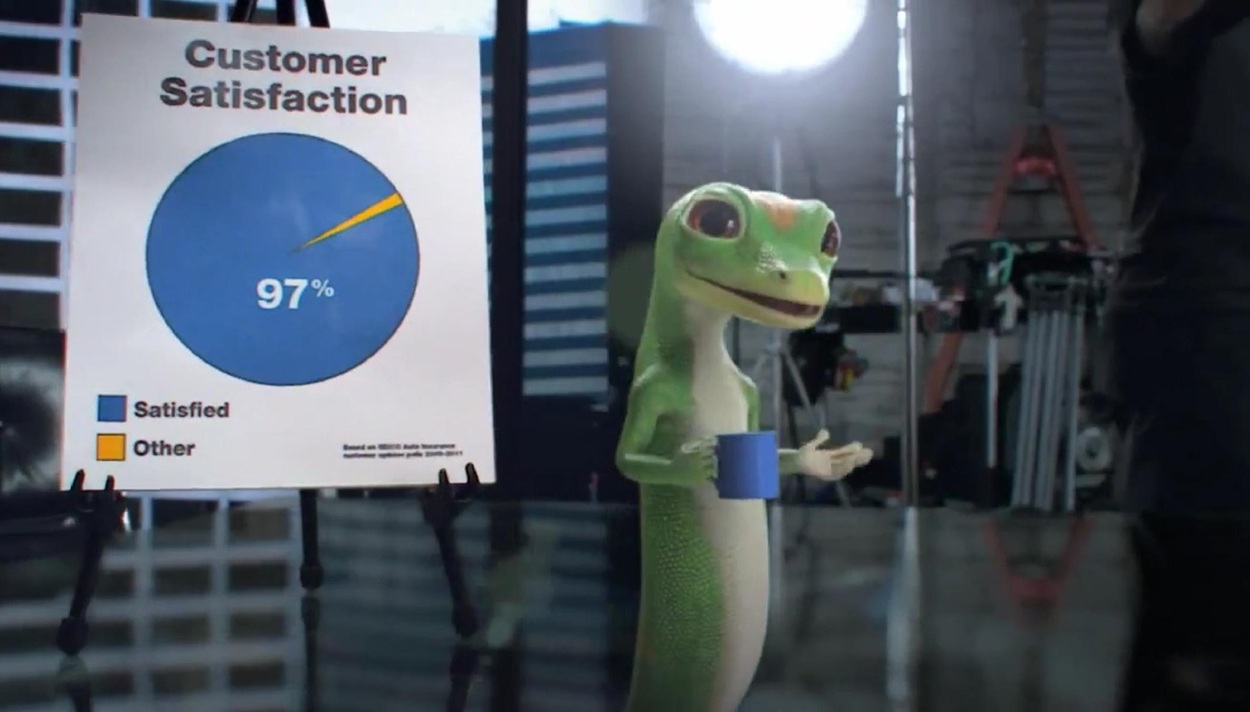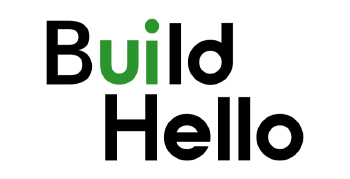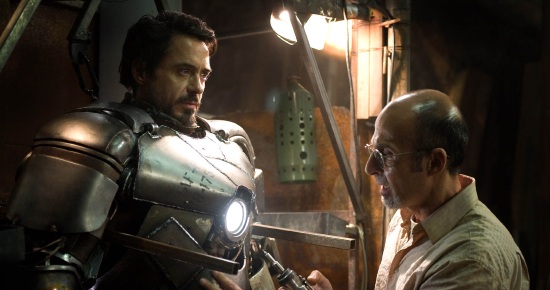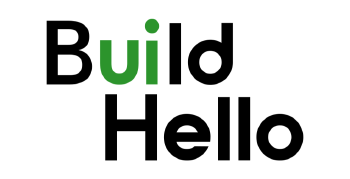What We Do
At Build Hello, we design, build, style, and fix websites.
But that is not the most important part of our web development service.
The most important part of our web development service, is how we design, build, style, and fix websites.
Every decision and action that goes into your website, from the technology you choose, to the methods used to build and document your site, can be of lower or higher quality.
Your site can be a c+ website, or an A+ website.
It can even be a c+ website that converts easily to an A+ website, when or if you want to make those changes.
Building Tomorrow Today
Your site should be built in a way the supports both your immediate needs and your long-term vision, while optimizing costs along that timeline.
Give us a call, contact us through our form, or send us an e-mail. We'll get back to you in a snap to set something up.
Which Came First, the Lizard or the Egg?
When it comes to web development, there are tangible benefits to starting with a business plan. For example, it's much easier to design a navigation menu when you have an idea of the pages you want your menu to link to and the names you want appearing on the menu.
Ahh, What About that Lizard…
Egg Baring Lizards
- The Bearded Dragon
- The Leopard Gecko
- The Crested Gecko
- The Chinese Water Dragon
- The Iguana
- The Uromastyx
- The Giant Day Gecko

Now Back to Your Website
We recommend writing a business plan for your project, even if you envision a blog and not a business.
A clear business plan will translate well into a clear website plan, and both will lower 5-year development cost.
What’s The Plan?
During plan draft, list ideas for logo and brand identity.
If you've yet to draft a business plan, feel free to send us a note through our form, we'll get back to you fleetly and provide you with a plan template, links to recommended resources, or if you need one, a referral.
How About That Website?
With your business plan in hand, it's time to plan your website.
List the functions you want your website to execute.
Will users require memberships?
Will your website facilitate transactions?
Can users contact you through a form?
Will your website have a map?
Are you including a social media campaign in your plan?
5 Years Down the Road
List the functionality you want from your site today, and the functionality you want five years from today.
How big will your footprint be in five years. Think in terms of the number of pages.
Do you have a logo and brand in mind?
What pictures do you want on your website? How many?
Go Big or Go Home
Actually, "go big or go home" isn't always the best approach to web development.
In the case where you're already operating an established business, and you want a new website to christen in a new era, going big may be in the cards; but in many cases, it makes sense to start with a small website and grow it gradually, as your project goes through milestones.
C+ Versus A+ Websites
An A+ website will score higher on performance audits, one measure of attractiveness to search engines and users, but it will distinguish itself in other areas also.
For example:
Search engine ranking
Image management
Script quality (or plugin quality)
Cross-platform performance
Resilience to obsolescence
Bot resistance
Lower error (bug) expectancy
Greater ease of use
Better user experience
Higher aesthetic appeal
Better social media performance
Lower development cost
All of the above are well-known reasons why website owners covet A+ websites over c+ websites, except for one item...lower development cost.
The Most Important Difference Between an A+ Website and a C+ Website
The most important difference between an A+ website and a c+ website is lower development cost, achieved through ease in development.
Every platform, framework, and website is a world unto its own.
When even experienced developers begin work on a website, they have to study the code base to implement needed changes.
That means every time you bring in a new developer, or your main go-to developer takes a vacation, you post high developer turn-over cost.
Developer Turn-Over Cost
Developer turn-over cost on a c+ website can be multiple times developer turn-over cost on an A+ website; and, depending on the number of developers that work on your website, it can be the largest contributor to differences in projected and actual 5-year net present cost.
On the other hand, a production ready c+ website can cost as little as a few thousand dollars, while an A+ website can cost at the higher end upwards of $30,000.
Consider Facebook, the largest website in the world. At more than 100 million lines of code and cost estimates from 20 - 40 million dollars per million lines, Facebook wasn't exactly cheap.
Sometimes it takes money to make money!
Moreover, many website owners, for various reasons not excluding budget, choose do-it-yourself technologies, which come with high developer turn-over cost [for the same reason you do not always go to the same doctor].
In a lot of cases, choosing do-it-yourself technologies makes sense, and that means it makes sense to build your website in a way that lowers developer turn-over cost.
Contact us about our consultation service. We'll get back to you in a flash and lower your 5-year net present web development cost.
So You Want a C+ Website?
You've had your business and website plans assessed, and we've determined that a C+ website is all that you need.
Now It’s Time to Choose a Web Development Framework
Learn more about popular frameworks on our blog here:
Yup, there are a lot of frameworks to choose from.
Selecting the framework that's just right for you takes knowledge, expertise, and experience, or a fair amount of research.
Hiring a web consultant can save you months and months of time.
Once you know a bit more about web technology frameworks available in 2021, ask yourself a few questions before you decide on the framework you need.
What Framework Should I Use?
Do I want a do-it-yourself friendly framework?
Am I adverse to vendor lock-in?
Does my 5-year website have a large footprint?
Do I want to process financial transactions on my site?
Am I anticipating high user interaction (for example: users posting to or commenting on your site)?
Do I want my website built with cutting edge technology?
How do I want to administer my website [text editor, browser, desktop software]?
Do I already have a developer or technology in mind?
What security level do I need from my website, or from my APIs that interact with other technologies?
Am I building to an external industry spec?
Can my budget accommodate highly-trained or specialized developers when they are needed?
Do I have a source of highly-trained or specialized developers?
These are just some of the things to think about when selecting a web development framework.
Give us a call at Build Hello, drop a note in our form, or fire off an e-mail. We'll get back to you lickity-split and book you in for a free consultation.
We’re Looking Forward to Launching You Into Space!

















